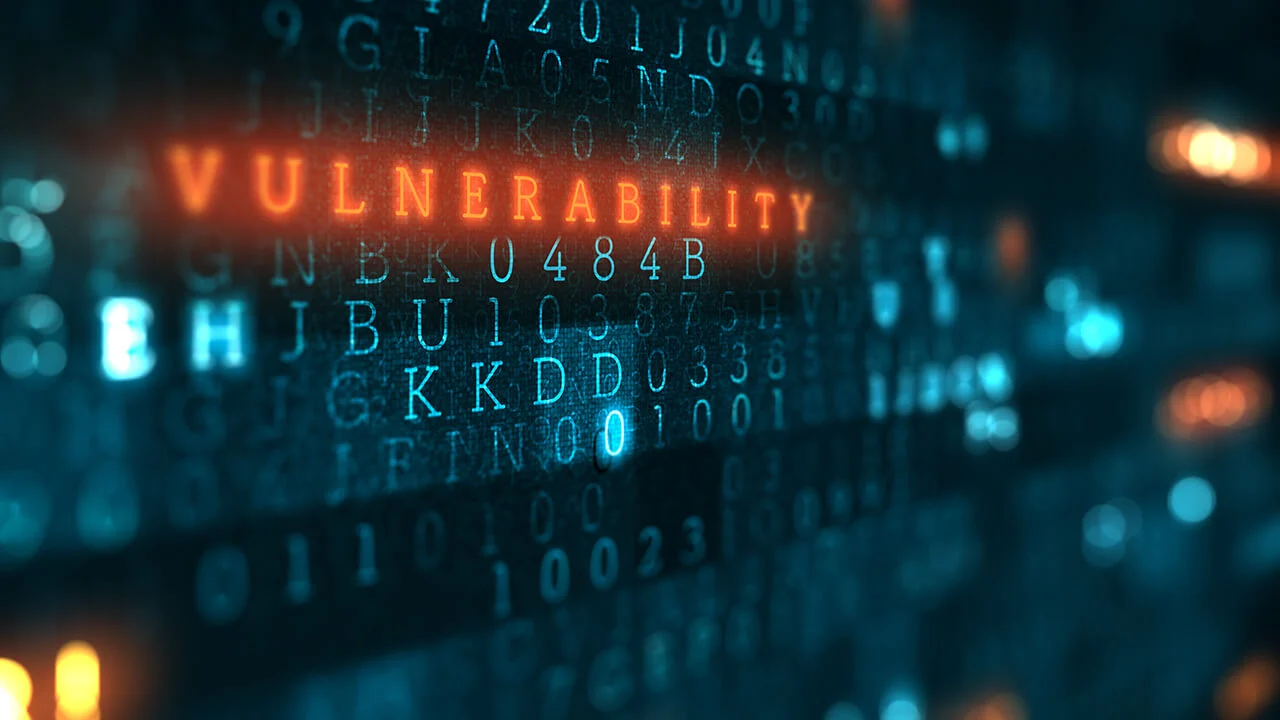MIL-STD-3020 Secure Operating System Compatibility Test
The MIL-STD-3020 secure operating system compatibility test is a rigorous assessment designed to ensure that software and operating systems meet the stringent security requirements set forth by military standards. This service plays a critical role in safeguarding sensitive information and ensuring operational readiness across various defense applications.
Developed under the U.S. Department of Defense, MIL-STD-3020 establishes comprehensive guidelines for secure software development lifecycle processes. Compliance with these standards is essential to protect against unauthorized access, malware intrusion, and other cybersecurity threats that can compromise mission-critical systems.
The test involves a series of checks and evaluations aimed at verifying the security features of an operating system or software application. Key areas include authentication mechanisms, encryption protocols, data sanitization procedures, and anomaly detection capabilities. The goal is to ensure that the tested product meets not only baseline requirements but also exceeds them in terms of resilience against potential attacks.
Our laboratory adheres strictly to MIL-STD-3020 guidelines during this process. We employ state-of-the-art tools and methodologies to simulate real-world scenarios that might challenge the security integrity of the software or operating system under test. This approach allows us to identify vulnerabilities early in development cycles, providing valuable insights for improvement.
A typical MIL-STD-3020 test cycle consists of several stages: initial assessment, risk analysis, penetration testing, vulnerability scanning, and final validation. Each stage is designed to progressively uncover weaknesses while validating the effectiveness of implemented security measures. By following this structured methodology, we can deliver accurate results that reflect true operational conditions.
One of the primary challenges in conducting such tests lies in balancing thoroughness with efficiency. Military organizations often require rapid deployment capabilities due to evolving threat landscapes and changing mission priorities. Therefore, our laboratory has developed advanced techniques that streamline the testing process without compromising accuracy or completeness.
In addition to technical proficiency, successful completion of MIL-STD-3020 tests also relies heavily on collaboration between multiple stakeholders including developers, security experts, and end users. Clear communication channels are crucial for ensuring everyone understands their roles and responsibilities throughout each phase of the project.
| Stage | Description | Key Activities |
|---|---|---|
| Initial Assessment | Evaluating the existing security posture of the target system. | Analyzing current configurations, identifying areas for improvement. |
| Risk Analysis | Identifying potential threats and assessing their impact on mission objectives. | Conducting threat modeling exercises, evaluating countermeasures. |
| Penetration Testing | Simulating attacks to test the robustness of security defenses. | Executing exploit attempts using various techniques. |
| Vulnerability Scanning | Automatically detecting flaws in code or configuration files. | Using automated tools for comprehensive scanning. |
| Final Validation | Confirming that all identified issues have been addressed satisfactorily. | Re-running tests, verifying fixes are effective. |
The outcome of a successful MIL-STD-3020 test provides assurance that the software or operating system is ready for deployment in high-stakes environments. It enhances trust among partners and stakeholders by demonstrating adherence to industry best practices and regulatory requirements.
By offering this specialized service, we contribute significantly to enhancing overall cybersecurity posture within military operations. Our commitment to excellence ensures that our clients receive reliable, actionable insights into their security capabilities, enabling them to make informed decisions about future enhancements.
Scope and Methodology
The scope of the MIL-STD-3020 secure operating system compatibility test encompasses a wide range of activities focused on ensuring robust cybersecurity measures are implemented. These include but are not limited to:
- Authentication protocols
- Cryptography algorithms
- Data protection mechanisms
- Anomaly detection systems
The methodology employed during these tests adheres strictly to MIL-STD-3020 standards. It involves several key steps which are outlined in the table below:
| Step | Description |
|---|---|
| Requirement Identification | Determining specific security requirements based on organizational needs. |
| Architecture Review | Evaluating the overall architecture for compliance with specified standards. |
| Configuration Management | Maintaining accurate records of changes made during development cycles. |
| Vulnerability Testing | Identifying and addressing vulnerabilities through systematic evaluation. |
| Performance Evaluation | Evaluating the performance metrics against predefined thresholds. |
Throughout these stages, our team applies internationally recognized standards such as ISO/IEC 27001 and NIST SP 800-53 to ensure comprehensive coverage. This ensures that every aspect of the software or operating system is thoroughly examined for security compliance.
A critical component of this service involves continuous monitoring post-deployment. Regular audits help maintain ongoing adherence to MIL-STD-3020 requirements and facilitate timely adjustments as needed.
Quality and Reliability Assurance
Ensuring high levels of quality and reliability is paramount when it comes to military-grade cybersecurity solutions. Our commitment to these principles is reflected in every step of the MIL-STD-3020 secure operating system compatibility test.
We employ robust quality assurance practices throughout the entire process, starting from early design phases through final deployment. This includes thorough documentation and traceability efforts which allow us to track changes and maintain consistency across all involved parties.
Reliability is another key focus area during this testing phase. Our laboratory uses advanced simulation environments to replicate various operational scenarios that could stress the system beyond normal usage limits. This helps uncover any latent issues that may arise only under extreme conditions, ensuring that the product remains dependable even in challenging situations.
In addition to technical excellence, we also emphasize continuous improvement as part of our quality assurance efforts. By regularly reviewing test outcomes and incorporating lessons learned from past projects into future endeavors, we aim to consistently enhance both internal processes and external deliverables.
The rigorous nature of MIL-STD-3020 compliance means that achieving acceptable results requires meticulous attention to detail at every juncture. However, by leveraging our expertise in this domain along with cutting-edge technologies, we can achieve卓越





